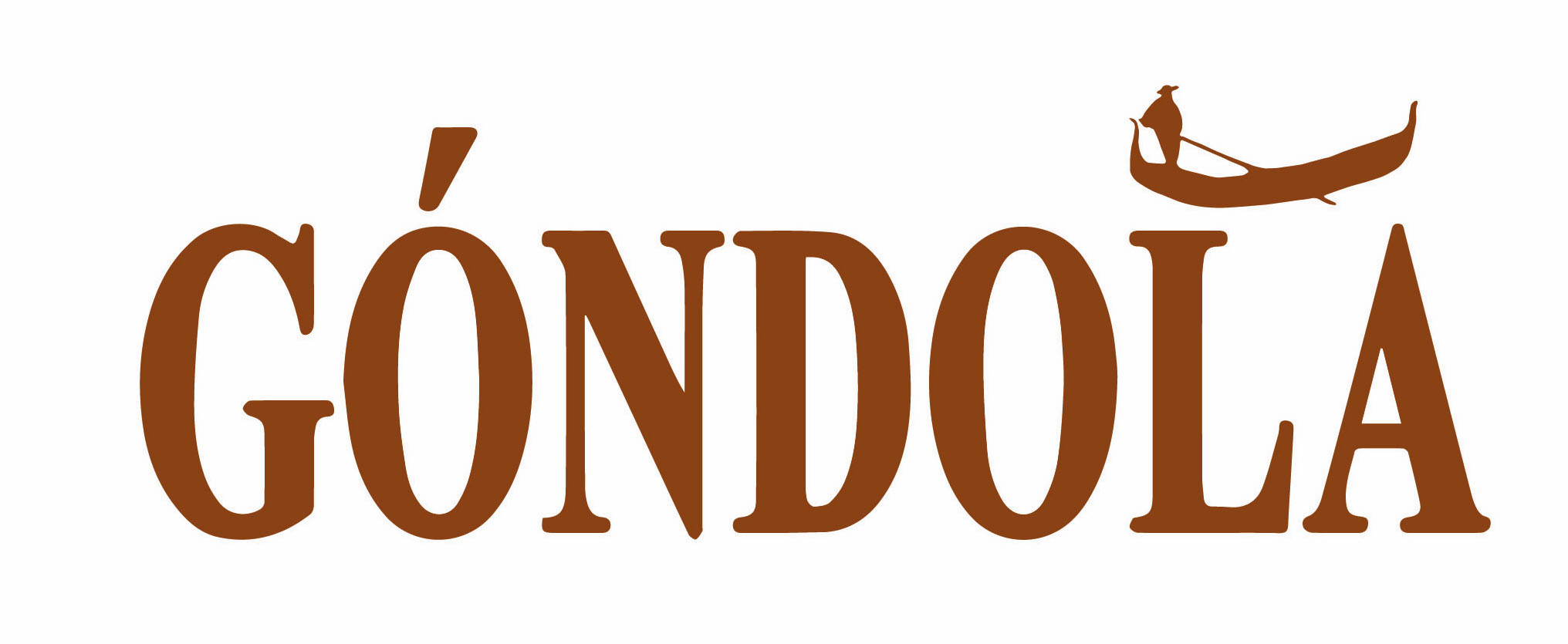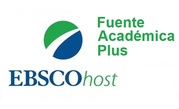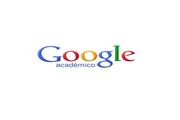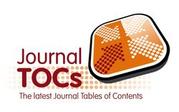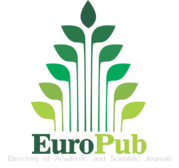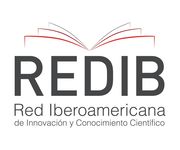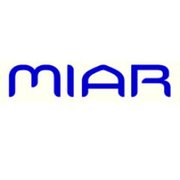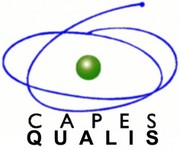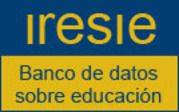DOI:
https://doi.org/10.14483/jour.gdla.2015.1.a03Published:
2015-01-01Modelagem matemática na educação básica: uma experiência aplicada na Construção Civil
Mathematical modeling in basic education: an experience inspired in construction
Keywords:
construção de maquetes, ensino e aprendizagem em matemática, formação de profesores, modelagem matemática (pt).Downloads
Abstract (pt)
O artigo é resultado de um projeto de modelagem matemática, aplicado a crianças com dificuldades de aprendizagem do quarto e quinto anos do Ensino Fundamental, de uma escola da periferia do Município de Palmas, Paraná, Brasil. O projeto foi desenvolvido com o auxílio de alunos da Licenciatura em Matemática, constituindo-se em uma atividade integrante de sua formação profissional e tendo por objetivo contribuir para a melhoria da aprendizagem de matemática das crianças envolvidas. Foram construídas, sob a orientação dos professores e licenciandos, maquetes de casas planejadas pelos próprios alunos. Foram trabalhados diversos conceitos matemáticos, relacionados a operações básicas, frações, geometria, porcentagens, planejamentos financeiros, entre outros. Além da motivação observada, o trabalho contribuiu com o processo de ensino e aprendizagem dos alunos e proporcionou aos futuros docentes uma experiência significativa em sua formação.
Mathematical modeling in basic education: an experience inspired in construction
Abstract
The paper is the result of a project for mathematical modeling applied to children with learning difficulties in the fourth and fifth years of Fundamental Education at a school on the periphery in the city of Palmas, PR. The project was developed with the help of mathematics undergraduates students, thus becoming an their professional training a activity and taking aim at contributing to improving the math learning of the children involved. They built houses maquettes designed by the students under the teachers and student teachers supervision. We worked many mathematical concepts related to basic operations, fractions, geometry, percentages, financial planning, among others. Besides the motivation observed, the work contributed to the teaching and learning formation of students and provided to prospective teachers a meaningful experience in their training.
Keywords: maquettes construction, mathematical modeling, teaching and
learning in mathematics, teaching preparation.
References
Araújo, J. (2002). Cálculo, tecnologias e modelagem matemática: As discussões dos alunos. Doutora¬do em Educação Matemática, Rio Claro: Instituto de Geociências e Ciências Exatas, Universidade Estadual Paulista.
Barbosa, J. (2001). Modelagem matemática e os pro¬fessores: a questão da formação. Bolema, 15, 5-23.
Barbosa, J., Caldeira, A. e Araújo, J. (2007). Mode¬lagem matemática na Educação Matemática Brasileira: pesquisas e práticas educacionais. Brasil: SBEM, Recife.
Bassanezi, R. (2009). Ensino-aprendizagem com modelagem matemática. São Paulo: Editora Contexto.
Bean, D. (2001). O que é modelagem matemática? Educação Matemática em Revista, 9, 49-57.
Biembengut, M. e Hein, N. (2000). Modelagem matemática no ensino. São Paulo: Editora Contexto.
Biembengut, M. e Hein, N. (2003). Creativity of chil¬dren in decorative arts. Symmetry: Culture and Sciens, 12, 215-227.
Borba, M., Meneghetti, R. e Hermini, H. (1997). Mode¬lagem na Educação Matemática: Contribuições para o Debate. São Paulo: Editora da UNESP.
Cavallari, J. (2003). Discurso avaliador do sujeito¬-professor na constituição da identidade do sujei-to-aluno. Letras & Letras, 1(18).
Chaves, R. (2003). Modelagem Matemática e questões socioambientais na aula de matemática. In VII Ebrapem. Rio Claro. Anais, PGEM - UNESP, 1-5.
Chevallard, Y. et al. (2001). Estudar matemáticas: o elo perdido entre o ensino e a aprendizagem. Porto Alegre: Artmed.
D`ambrósio, U. (2002). Matemática nas escolas. Edu¬cação Matemática em Revista, 11A(9), 29-33.
Donzele, P. (S.f.). Uma noção acerca da escola refle¬xiva. In http://www.direitonet.com.br/doutrina/ textos/x/55/77/557/direitonet_textojur_557.doc Acesso em 0212
Rosa, M. e Orey, D. (2012). A modelagem como um ambiente de aprendizagem para a conversão do conhecimento matemático. Bolema, 26(42A), 261-290.
Skovsmose, O. (2000). Cenários para investigação. Bolema, 13(14), 66-91.
How to Cite
APA
ACM
ACS
ABNT
Chicago
Harvard
IEEE
MLA
Turabian
Vancouver
Download Citation
License
Gondola, Ens Aprend Cienc. is an open-access publication, free of charge for authors and readers. The publication, consultation or download of the contents of the magazine does not generate any cost for the authors or the readers, since the Francisco José de Caldas District University assumes the expenses related to edition, management and publication. The peer evaluators do not receive any economic retribution for their valuable contribution. The work of all the actors mentioned above is understood as a contribution to the strengthening and growth of the research community in the field of Science Education.
As of December 1, 2018 the contents of the journal are published under the terms of the Creative Commons License Attribution-Noncommercial- ShareAlike 4.0 International (CC-BY-NC-SA 4.0), under which others may distribute, remix, retouch, and create from the work in a non-commercial way, give credit and license their new creations under the same conditions.
The copyright holders are the authors and the journal Gondola, Ens Aprend Cienc. The holders retain all rights without restrictions, respecting the terms of the license in terms of consultation, downloading and distribution of the material.
When the work or any of its elements is in the public domain according to the applicable law in force, this situation will not be affected by the license.
Likewise, we encourage authors to deposit their contributions in other institutional and thematic repositories, with the certainty that culture and knowledge is a good of all and for all.



